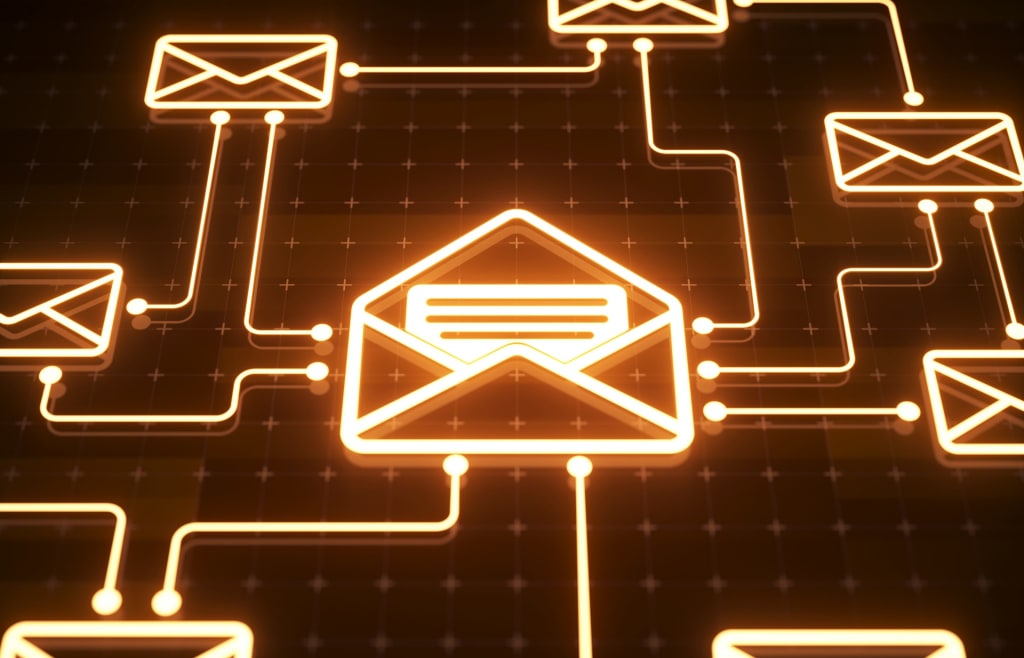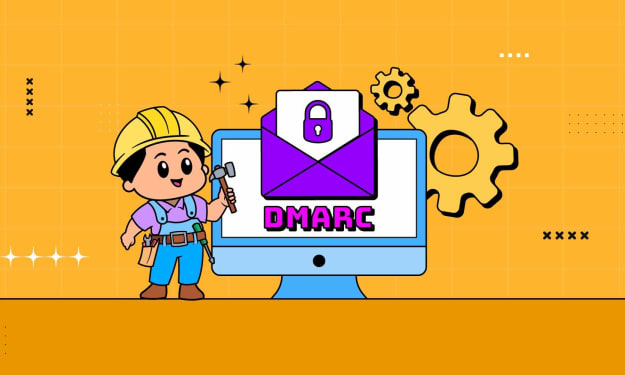What Is Email Reputation? Read Everything You Need to Know
Do you want to learn about email reputation? This article is for you!

Email reputation is a critical aspect of email marketing that can have a significant impact on the success of your email campaigns. Simply put, your email reputation is a measure of the quality and trustworthiness of your email sender identity, as perceived by the email service providers (ESPs) and the recipients of your email messages.
Table of Contents
- What is email reputation?
- How to determine email reputation?
- Why is email reputation important?
- How to manage email reputation effectively?
- Conclusion
What is Email Reputation?
Email reputation refers to the overall perception of your email program by ISPs (Internet Service Providers) and email receivers. Your email reputation is based on a variety of factors, including the quality of your email content, the behavior of your email recipients, the technical setup of your email program, and the overall reputation of your brand.
ISPs use complex algorithms to evaluate the reputation of each email sender and determine whether to deliver their emails to the inbox, spam folder, or block them altogether.

If your email reputation is good, your emails are more likely to be delivered to the inbox, which can result in higher open rates, click-through rates, and revenue.
On the other hand, a poor email reputation can result in lower deliverability, increased bounce rates, and damage to your brand's reputation.
How to Determine Email Reputation?
Email reputation is determined by a range of factors, including the following:
- Sender IP Address: Your email reputation is closely tied to the IP address of the server from which you send your emails. If your IP address has a history of sending spam or engaging in other suspicious behavior, your email reputation will be negatively impacted.
- Email Content: The content of your emails is another critical factor in determining your email reputation. If your emails contain spammy or misleading content, or if you include too many images or links, your email reputation may suffer.
- Complaint Rates: Complaint rates are a measure of the number of recipients who mark your emails as spam or unsubscribe from your email list. If your complaint rates are high, your email reputation will be negatively impacted.
- Bounce Rates: Bounce rates are a measure of the number of emails that are returned to the sender because they could not be delivered. High bounce rates can indicate that your email list is outdated or that you are sending emails to invalid email addresses.
- Engagement Metrics: Engagement metrics, such as open rates and click-through rates, are a measure of how recipients interact with your email messages. If your engagement metrics are low, your email reputation may suffer.
Why is Email Reputation Important?
Email reputation is crucial for the success of your email marketing campaigns. Here are some of the key reasons why:

- Deliverability: Email deliverability refers to the ability of your emails to reach the inbox of your intended recipients. A good email reputation is essential for achieving high deliverability rates and ensuring that your emails are not marked as spam or blocked by ISPs.
- Engagement: Email engagement metrics, such as open rates, click-through rates, and conversion rates, are closely linked to email reputation. If your emails are consistently engaging and relevant to your audience, your engagement rates are likely to be higher, which can boost your email reputation.
- Revenue: Email marketing can be a powerful revenue driver for your business. However, if your emails are not reaching your target audience, you may be missing out on valuable revenue opportunities. By improving your email reputation, you can increase the effectiveness of your email marketing campaigns and generate more revenue for your business.
How to Manage Email Reputation Effectively?
Now that we understand the importance of email reputation, let's take a look at some best practices for managing it effectively.
- Follow Email Best Practices: Following email best practices is essential for maintaining a good email reputation. Some of the key best practices include using a clear and concise subject line, avoiding spam trigger words, providing a clear unsubscribe link, and sending relevant and engaging content to your subscribers.
- Monitor Your Reputation: Monitoring your email reputation is critical for identifying potential issues and taking corrective action. You can use tools like Sender Score, Mail-Tester, and GlockApps to monitor your email reputation and identify any areas for improvement.
- Manage Complaints: Complaints from your email recipients can negatively impact your email reputation. It's important to manage complaints promptly and effectively by providing a clear unsubscribe link and addressing any concerns or issues that your subscribers may have.
- Authenticate Your Emails: Email authentication is the process of verifying the identity of the sender and ensuring that the email has not been tampered with. Authentication can help improve your email reputation and reduce the risk of your emails being marked as spam or phishing attempts. Some common authentication methods include SPF, DKIM, and DMARC.
- Improve Engagement Metrics: Engagement metrics such as open rates, click-through rates, and conversion rates are closely linked to email reputation. To improve these metrics, focus on providing relevant and engaging content to your subscribers and optimizing your email design and layout for maximum impact.
- Manage Bounce Rates: High bounce rates can negatively impact your email reputation. To manage bounce rates, regularly clean your email list and remove any invalid or inactive email addresses. You can also use email verification services to ensure that the email addresses on your list are valid.
- Use a Dedicated IP: Using a dedicated IP address for your email program can help improve your email reputation by providing a unique identifier that is not shared with other senders. This can help prevent your emails from being affected by the reputation of other senders who share the same IP address.
- Segment Your Email List: Segmenting your email list based on subscriber behavior and preferences can help improve engagement rates and reduce the likelihood of spam complaints. By sending targeted and relevant content to each segment of your email list, you can increase the effectiveness of your email marketing campaigns and improve your email reputation.
- Monitor Blacklists: Email blacklists are databases of IP addresses and domains that have been identified as sources of spam or other malicious activity. Being listed on a blacklist can have a significant negative impact on your email reputation and deliverability. Regularly monitor email blacklists to ensure that your IP address and domain are not listed, and take corrective action if necessary.
- Work with Reputable Email Service Providers: Finally, working with a reputable email service provider (ESP) can help ensure that your email program is set up correctly and meets best practices for email deliverability and reputation. Reputable ESPs provide tools and resources to help manage your email reputation, monitor deliverability and optimize your email marketing campaigns for maximum impact.
Conclusion
Email reputation is a critical factor in the success of your email marketing campaigns. By following best practices for email content, engagement, and deliverability, you can improve your email reputation and achieve higher engagement rates, increased revenue, and a stronger brand reputation.
It's important to regularly monitor your email reputation, manage complaints and bounce rates, authenticate your emails, and work with reputable email service providers to ensure that your email program is optimized for success.
By taking these steps, you can build a strong email reputation that will help drive the success of your email marketing campaigns over the long term.
About the Creator
Raymond McNatt
I've spent over 10 years honing my ability to captivate readers with my words. My specialization in email marketing and digital marketing niches has led to the publication of numerous articles, and essays, in various publications.






Comments
There are no comments for this story
Be the first to respond and start the conversation.